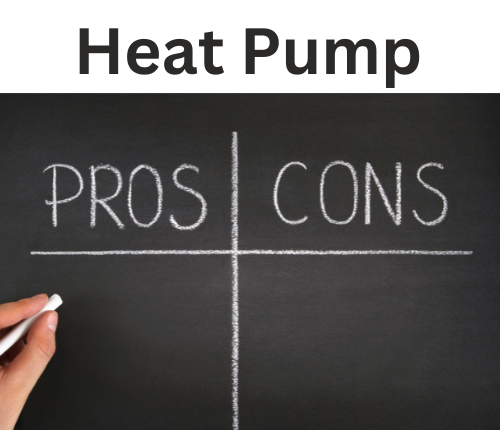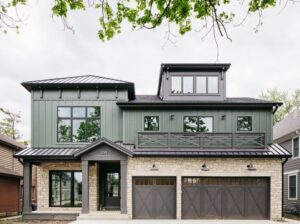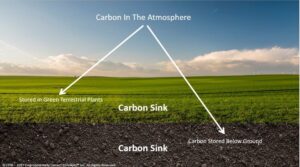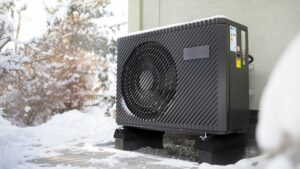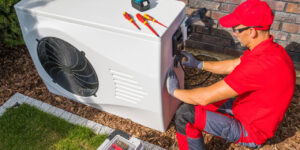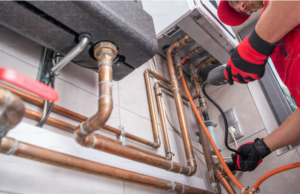Pros of Buying a Heat Pump:
- Energy Efficiency: Heat pumps are generally more energy-efficient than traditional heating systems because they transfer heat rather than generate it. This can translate to lower monthly energy bills.
- Dual Functionality: Heat pumps can both heat and cool a space, meaning you don’t need separate systems for winter and summer months.
- Environmentally Friendly: Because of their efficiency, heat pumps tend to have a smaller carbon footprint, especially when powered by renewable energy sources.
- Safety: Unlike combustion-based systems, heat pumps don’t produce flames or harmful emissions, reducing potential fire risks and improving indoor air quality.
- Consistent and Uniform Heating/Cooling: They can provide consistent temperatures throughout the home without the hot and cold spots that some other systems may produce.
- Low Maintenance: Heat pumps generally require less maintenance than combustion heating systems. Regular checks and filter changes are the primary requirements.
- Long Lifespan: With proper maintenance, heat pumps can last for a long time, often between 10 to 20 years.
- Potential for Savings: Depending on energy prices and the previous heating system, switching to a heat pump might offer substantial savings over the system’s lifetime.
Cons of Buying a Heat Pump:
- Higher Initial Cost: The upfront cost of purchasing and installing a heat pump can be higher than traditional heating and cooling systems.
- Efficiency Declines in Extreme Temperatures: While advancements have improved their performance, heat pumps might be less efficient in extremely cold climates. They might need a backup heating source during particularly cold periods.
- Installation: Proper installation is crucial for the optimal operation of heat pumps. It might be challenging to find experienced installers in areas where heat pumps are less common.
- Space Requirements: Ground source or geothermal heat pumps require significant space for their ground loop systems.
- Potential for Noise: While many modern heat pumps are relatively quiet, they can still produce some noise, especially air-source models.
- Long-term Wear and Tear: Because heat pumps are used year-round (for heating in winter and cooling in summer), they can experience wear and tear faster than systems used seasonally.
- Electricity Dependence: While they are more efficient, heat pumps rely on electricity, making them susceptible to power outages unless there’s a backup power source.
In conclusion, while heat pumps provide an efficient and versatile alternative to traditional HVAC systems, it’s essential to evaluate your specific needs, local climate, and budget constraints before investing in one.

